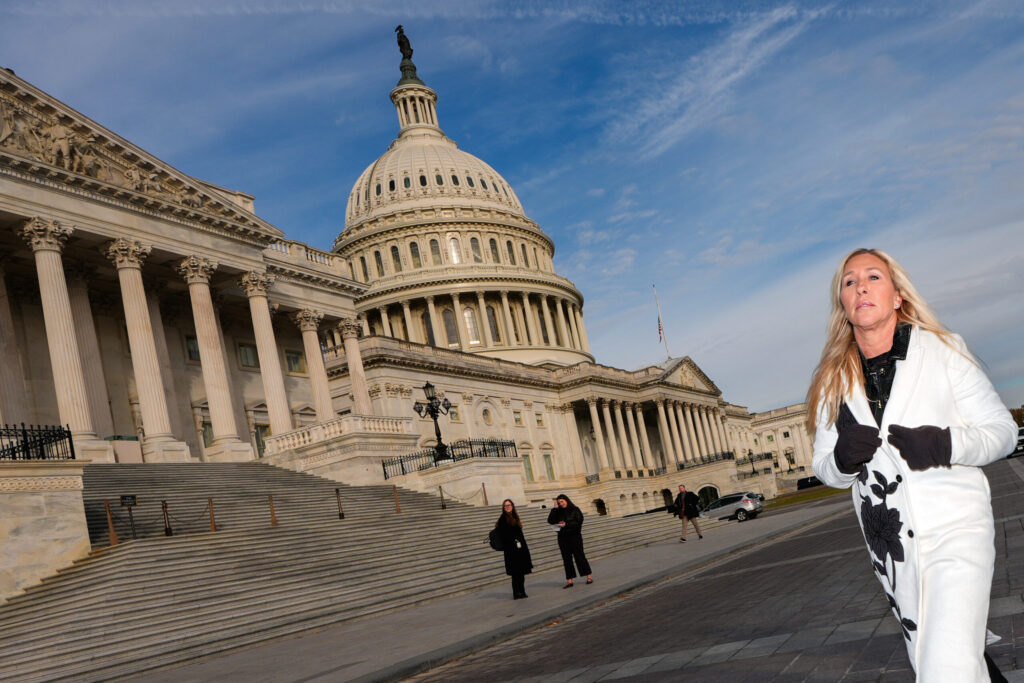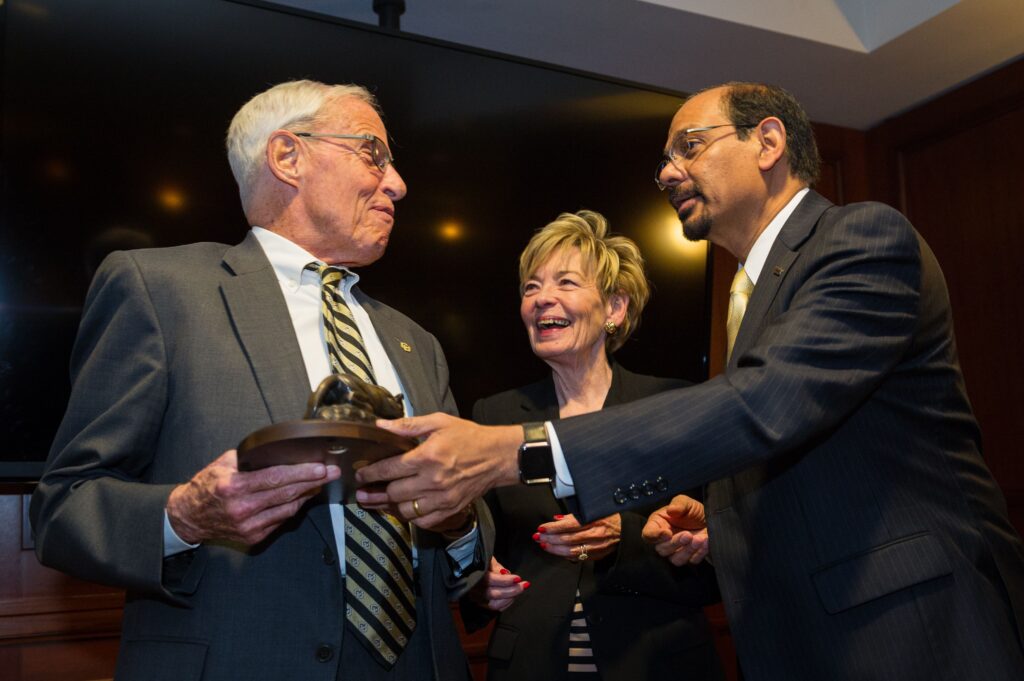Senate Judiciary Committee advances bill to give Colorado 2 more federal judges
The U.S. Senate Judiciary Committee unanimously advanced a bill on Thursday that would add more than five dozen judgeships to federal trial courts across the country, including two for Colorado.
“Our federal courts are in a genuine crisis of workload,” said U.S. Sen. Chris Coons, D-Del. “Not since 1990 have we added any significant amount of new federal judges. And since then, our nation has added 100 million people. Federal filings have increased 40%.”
The Judicial Conference of the United States, which is the governing body for the federal courts, has repeatedly recommended Congress give two additional judgeships to Colorado based on caseloads. Data from 2022 showed 558 cases filed per judge on Colorado’s federal trial court, a higher number than neighboring states‘ courts.
Last year, U.S. Sens. Michael Bennet and John Hickenlooper and U.S. Rep. Joe Neguse re-introduced the Colorado Judgeship Act, after a previous version of the bill failed to advance in the prior Congress. The number of active judges authorized on the U.S. District Court for Colorado has held steady at seven since 1984, even though the state’s population has nearly doubled in the last 39 years.
This year, Neguse again put forward legislation, this time tying the increase in Colorado judgeships to one additional seat on Idaho’s trial court.
As introduced, the bill approved by the judiciary committee, known as the JUDGES Act, would authorize the president to appoint an eighth judge in Colorado after Inauguration Day 2025, and a ninth judge after Inauguration Day 2029.
The committee’s vote was 20-0, with four Democrats and four Republicans sponsoring the bill. Coons, one of the proponents, said he hopes the full Senate, controlled by Democrats, as well as the Republican-controlled House of Representatives could act on the proposal before Election Day.
Colorado Politics previously reported on the delays some of Colorado’s federal judges experience in deciding motions for civil cases, which are required to be tracked and publicly disclosed. Some members of the bench have cited, in part, a need for additional personnel as a factor.
“There’s been an increase in the complexity of the cases and there’s been an increase in the volume of cases we’ve had and a shortage of judges,” said Senior Judge John L. Kane, a Jimmy Carter appointee.
Judge Charlotte N. Sweeney, a recent appointee of President Joe Biden, spoke to a group of lawyers earlier this year about the Senate-confirmed district judges’ obligation to handle felony criminal trials and sentencing — something the magistrate judges hired to help with caseloads cannot do. Therefore, criminal matters push civil cases to the backburner on district judges’ dockets.
“It’s like, no wonder all the judges can’t get to our civil motions,” she said. “I’m not whining. We signed up for this job. But it’s important for you to understand the dynamics over here.”











